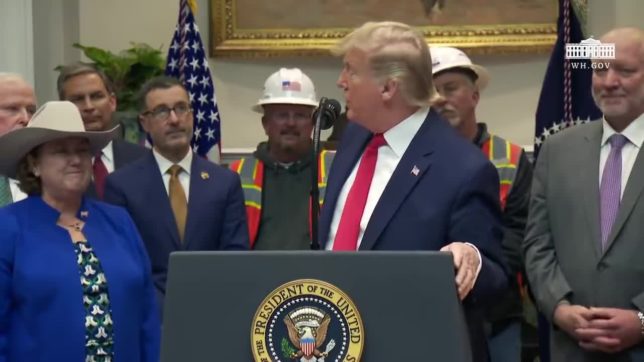The idea that government should operate efficiently and effectively is commonsense and, one would think, a nonpartisan proposition. To this end, the Trump Administration has recently proposed a variety of updates to the regulations implementing the National Environmental Policy Act (NEPA). While these revisions are intended to simply streamline the sluggish NEPA review process, a coalition of environmental nonprofits has come out strongly against any such reforms. For these groups, NEPA’s bureaucratic and legal roadblocks are valuable tools of resistance against projects they oppose—all at the cost of U.S. taxpayers, developers, and the U.S. economy.
Enacted in 1970, NEPA was the first major piece of American environmental legislation. In the main, it requires federal agencies to seriously evaluate the potential environmental impacts of proposed federal actions. This requirement is broadly interpreted to include state, local, and private projects that require or receive some form of federal authorization or assistance, such as a permit or a grant. NEPA is a procedural rather than a substantive law, and the government is required only to conduct the appropriate level of environmental review. It is not required to reach a particular decision on any given project.

